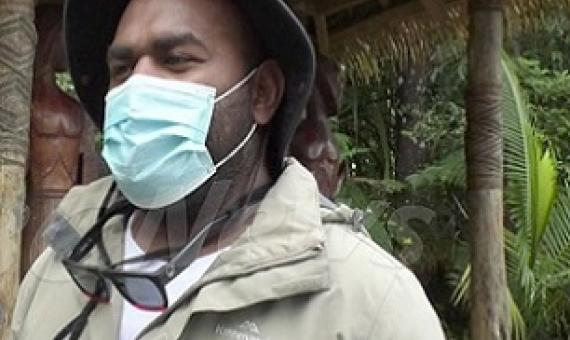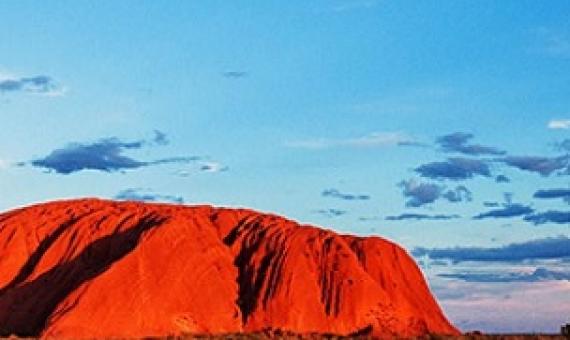Concerns have been raised by the Colo-i-Suva Parks and Reserves team on the amount of household rubbish discarded by visitors in the forest park.
The Northern Territory’s world-renowned parks attract millions of visitors, and to ensure this remains the case for years to come, the Territory Labor Government is developing a new Masterplan.
Marine environment survey : proposed Aleipata Islands National Park, Western Samoa
The Aleipata area surveyed includes .the south-eastern coast of Upolu Island, Western Samoa. The survey consisted of general descriptive ecology and morphology for the Aleipata coastal fringing reef and the
fringing reefs of the two detached islands, Nu'utele and Nu'ulua. The area behind the coastal fringing reef to the shoreline was a shallow (<4 m deep) area of sand, rubble, seagrass beds and mixed coral
Roadmap to recovery: a global network of marine reserves
The high seas lie beyond the 200 nautical mile limits that define the extent of national sovereignty by countries of the world. They cover 64% of the area of the oceans, and nearly half the surface of the planet. They are a global commons, under the stewardship of the United Nations Law of the Sea for the benefit of all nations. But human pressures on the high seas are increasing fast, and urgent action is needed to protect them from harm. Recent research shows that industrial fishing has
Summary report on current status of coral reefs in Samoa after Cyclone Heta
Coral reef monitoring lias been an on-going activity in Samoa since 1997. In 1998. a pilot Village Level Coral Reef Monitoring Project (VLCRMP) was initiated in collaboration between The Fisheries Division, the Division of Environment & Conservation and the International Ocean Institute Pacific Islands. The pilot project provided monitoring equipment and assisted in training the trainers that, in nuns trained 46 villagers from six villages selected from around the country ( Mulipola 2001 ).
The science of marine reserves
Research shows that marine reserves are one tool that can help to prevent, slow, or reverse negative changes in the ocean. Marine reserves are places in the ocean that are completely and permanently protected from uses that remove animals and plants or alter their habitats. Increasingly, the public, governmental agencies, commercial groups, and scientists are discussing the idea of establishing more marine reserves to complement existing ocean management. The purpose of this report is to provide a summary of the latest scientific information about marine reserves.
Pohnpei's watershed forest reserve: towards sustainable management
Generally little is known of traditional systems of terrestrial forest management in Micronesia. What little we do know suggests a complex approach that has been developed over thousands of
Guide to the common seaweeds of palolo deep marine reserve
The seaweeds at Paldo Deep occur in a variety of different habitats. These are shown on the map of the Reserve. The
greatest number of species occur along the margins of the deep and along the reef front, while the smallest number
occurs in the borrow pit.
4 copies
Call Number: VF 3480 [EL]
Physical Description: 18 p. ; 29 cm
Parks and Reserves in the South Pacific / by P.H. Lucas ...[et.al]
"National Parks belong to the people. Every man, woman and child in the country
has, as a heritage, these areas which are set aside forever to give pleasure to
present and succeeding generations. Thus, those who use the parks have
responsibility to themselves and to others to treat this great heritage with
care and respect.
Kept in the Vertical File|Available online
Call Number: VF 1247 [EL]
Physical Description: 22 p. ; 29 cm.
Marine reserves in New Caledonia: case study
New Caledonia is surrounded by a large and rich lagoon which is enclosed by a barrier reef over 1,000 km long. Exploitation of the living lagoon resources to meet local requirements for
fish and other seafood has not, up to now, greatly affected the overall bio-ecological balance of the lagoon environment because New Caledonia's population density is very low.
The sea area near the capital of Noumea, where over half of the








